US calls for shutdown of Ukraine's attacked nuclear plant
The United States has called for the shutdown of a nuclear plant which has been under attack in Ukraine.
The Russian-held Zaporozhye nuclear power plant, which is Europe's largest, has been repeatedly under attack.
Both sides of the Ukraine conflict blame the other side for the attacks against the nuclear power plant which raises the risk of causing nuclear contamination in the region.
Russia has even described Kiev's attacks against the facility as “nuclear terrorism.”
Meanwhile, the US has called for a “controlled shutdown” of the facility.
It “would be the safest and least risky option in the near-term,” White House National Security Council spokesperson John Kirby told journalists on Monday.
The same call came from an unnamed senior US defense official, who briefed journalists about the danger on the same day.
In related news, Russia called for "pressure" on Ukraine to stop its attacks against the Zaporizhzhia nuclear plant.
"All countries are obliged to put pressure on the Ukrainian side so that it stops endangering the European continent by shelling" the nuclear plant, Kremlin's spokesman Dmitry Peskov told reporters on Monday.
“Pressure on the Ukrainian side to stop shelling can reduce military tension,” Peskov insisted.
Peskov said Russia welcomed an upcoming visit to the facility by UN officials and was ready to cooperate with the UN observers but was against creating a demilitarized zone at Zaporizhzhia. The US had suggested setting up a demilitarized zone there.
The facility and the nearby city of Energodar, both under Russian control, have been under constant artillery and drone attack in past weeks.
This week, the International Atomic Energy Agency (IAEA), the UN’s nuclear watchdog, is scheduled to visit the facility to make an evaluation of the damage to the structure.
The Zaporozhye nuclear power plant, which was built by Soviet-Russia and has been in Russians hands since March, is run by locals and is still operating.
It used to generate more than 20 percent of Ukraine’s electricity supply before the conflict broke out after Russia launched its “special military operation” in late February.
VIDEO | Brazil: Uba River floods destroy bridge and buildings, leave people missing
Iran-US negotiators take break in Geneva, talks to resume
VIDEO | ‘Clear stance’: Iran reiterates its nuclear rights as per NPT, intl. law
Press group: Israel accountable for two-thirds of 129 journalist fatalities in 2025
Iran summons Dutch ambassador to protest diplomat’s smuggling attempt
Iran’s rejection of nuclear weapons based on religious beliefs: Pezeshkian
'Profound moral decline': Netizens blast Modi for whitewashing genocide in Knesset speech
VIDEO | Venezuela launches 'love is rewarded with love' campaign in solidarity with Cuban people


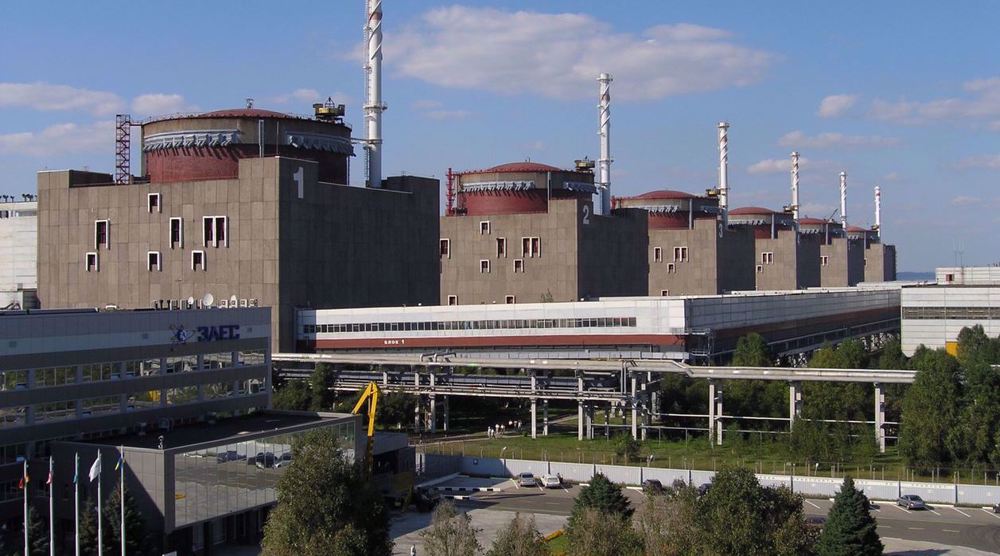
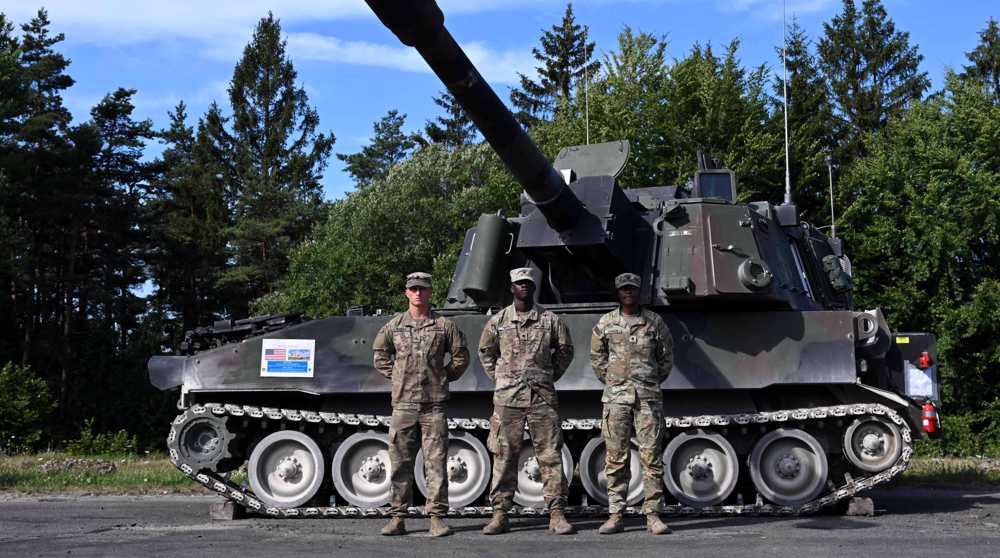
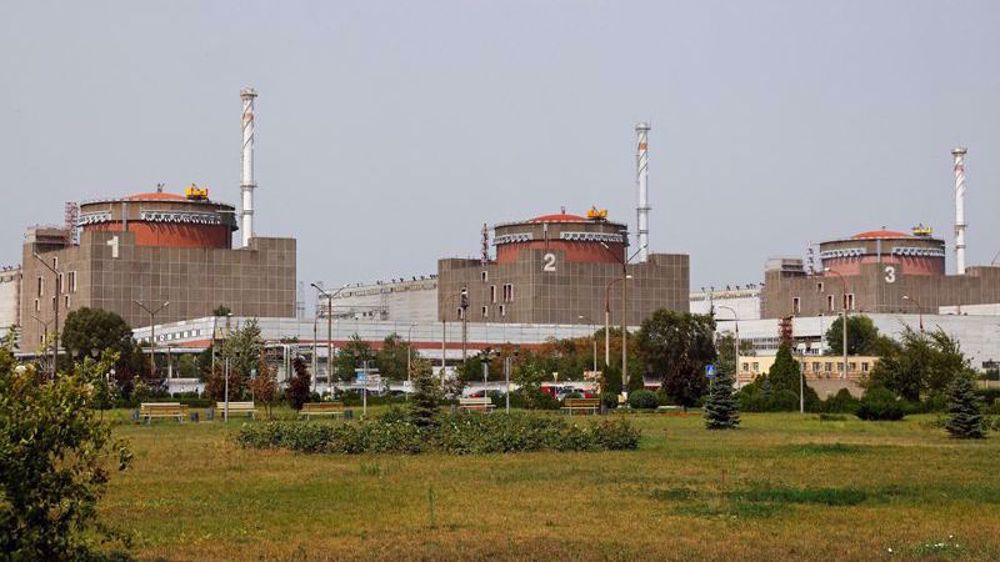
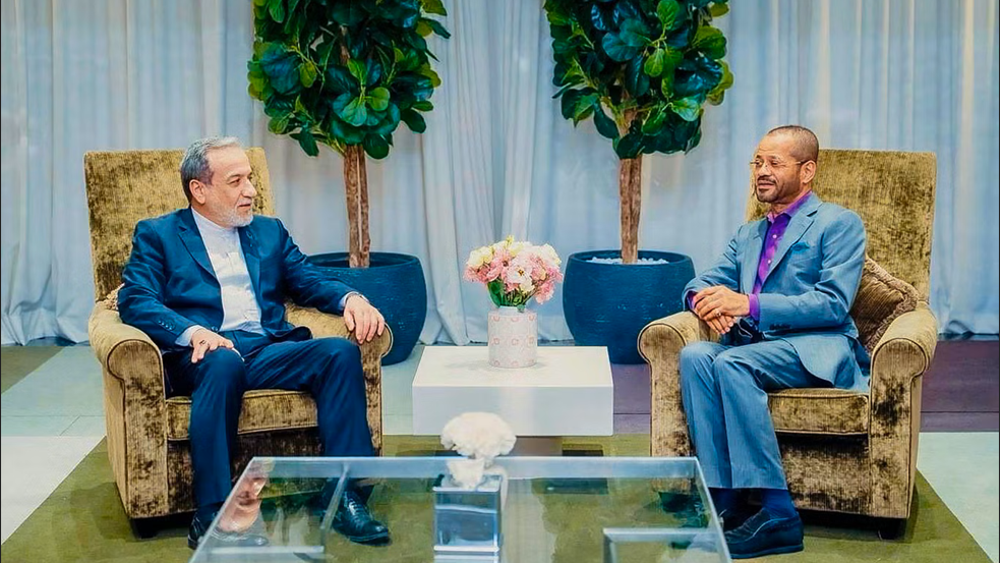
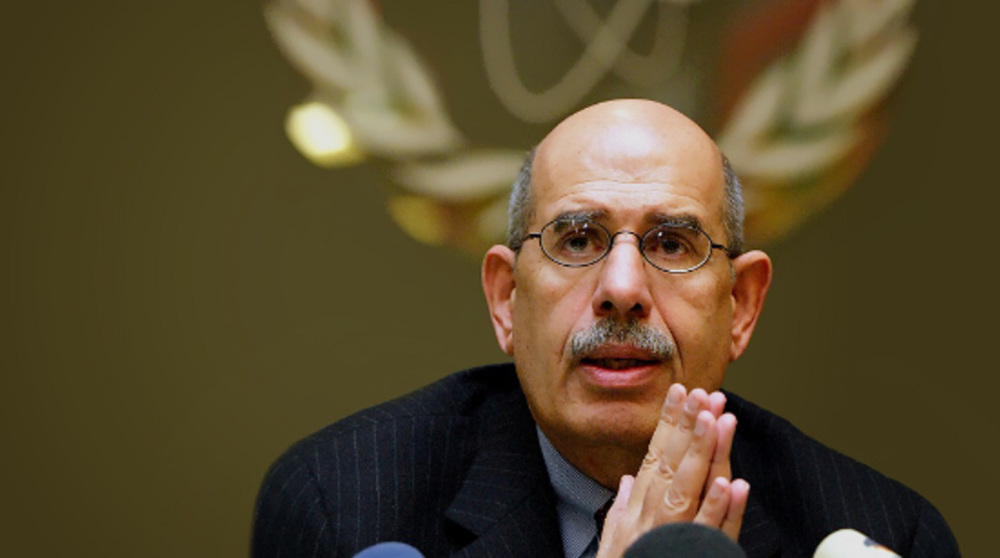
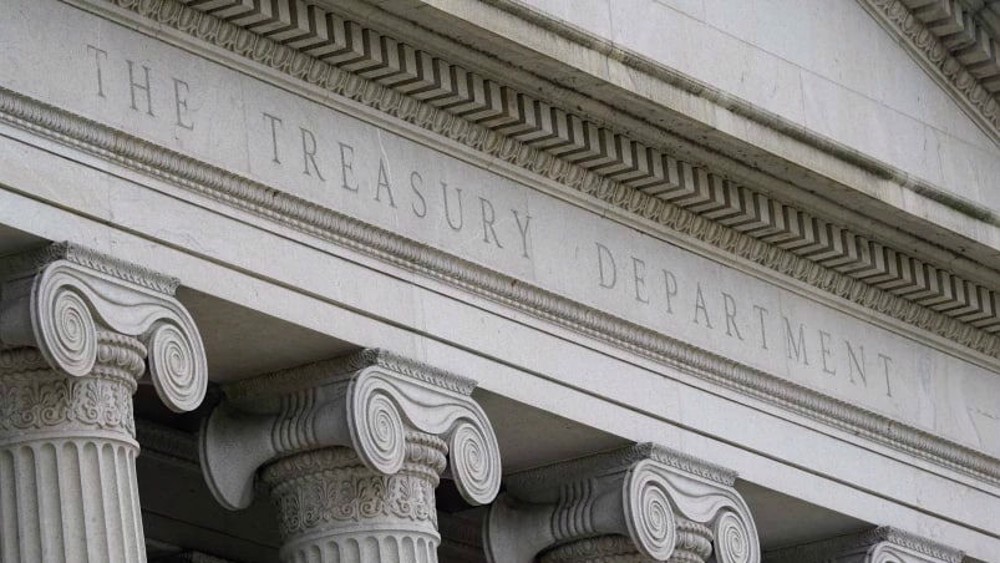



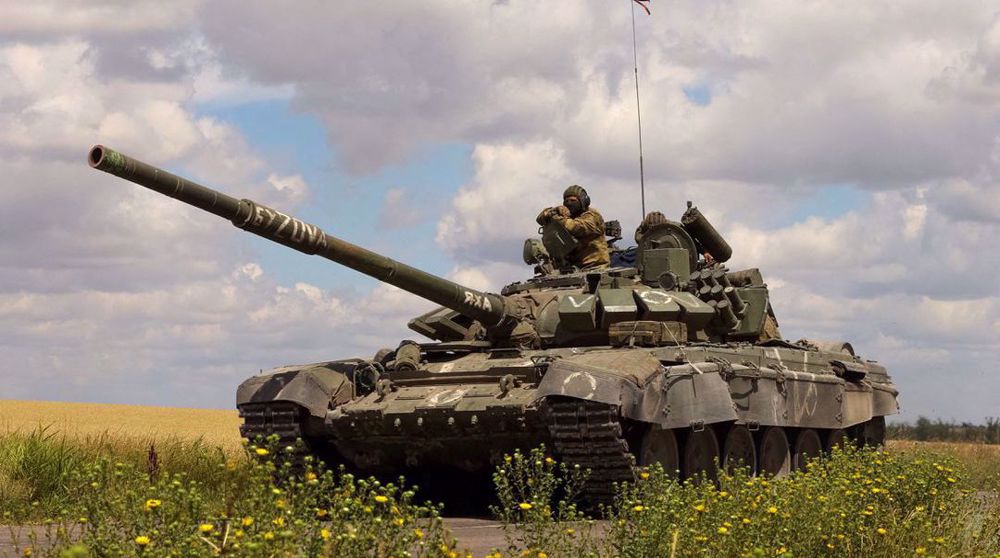

 This makes it easy to access the Press TV website
This makes it easy to access the Press TV website